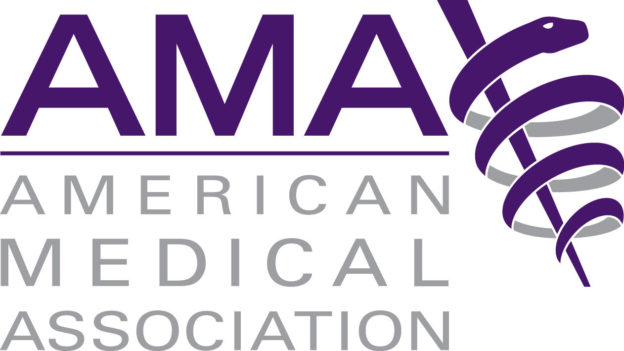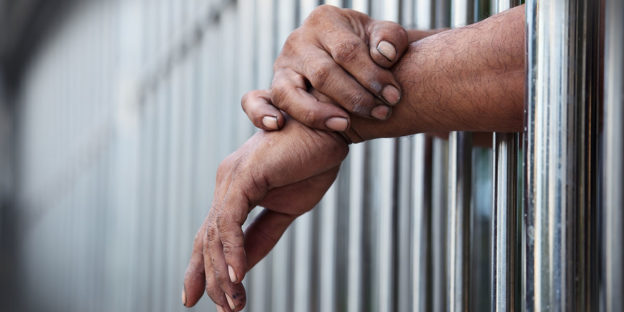Delegates attending the recent American Medical Association (AMA) annual meeting approved a number of policies, including doing away with barriers to medication assisted therapy (MAT).
The delegates approved policies that will allow the AMA to do the following:
• Push for the end to administrative barriers to MAT. These include prior authorization that is responsible for delays and denials of care to patients.
• Push for the enforcement of substance abuse and mental health parity laws.
• Support laws to ensure that patients have access to all FDA-approved medications and therapies in all drug treatment clinics and facilities.
• Call for a public awareness campaign to share the information MAT is a first-line treatment for opioid use disorder.
• Coordinate efforts with interested organizations to decide best practices to treat opioid abuse disorder in the manner of a chronic disease.
• Support states in evaluating programs that have received funding from government sources to assist hospitals, medical practitioners and communities in order to coordinate care for patients living with opioid use disorder.
• Work for expansion and increased access to treatment for substance abuse during pregnancy.
• Make sure that practicing physicians, residents and medical students receive education on prescribing opioids.
Doctors Can Help Fight Addiction Stigma
Dr. Patrice A. Harris, the AMA’s president-elect and chair of the AMA Opioid Task Force, stated that doctors have a role in fighting to end the stigma around drug abuse and MAT. She went on to say that this type of treatment “has been shown to decrease overdose mortality, reduce transmission of infectious disease, and reduce general health care expenditures.”
Universal Access to MAT Not Available
Access to buprenorphine is not universally available to patients, in spite of scientific evidence showing that it prevents deaths from opioid use disorder. The Substance Abuse and Mental Health Services Administration (SAMHSA) also lists it as one of the medications that is commonly used to treat opioid addiction.
A study found that that fewer than one in three eligible doctors have been avoiding prescribing buprenorphine. Another study revealed that buprenorphine is underprescribed by family doctors. For every 40 family doctors who prescribed opioid pain medications, only one family physician prescribed buprenorphine-naloxone.


 Polk County, Iowa’s addiction treatment program has decreased by more than three-quarters and is now struggling to survive. Leaders of the Bridges of Iowa program, which has been called an “innovative way to respond to drug-related crime,” is blaming a lack of Medicaid funding for its current woes.
Polk County, Iowa’s addiction treatment program has decreased by more than three-quarters and is now struggling to survive. Leaders of the Bridges of Iowa program, which has been called an “innovative way to respond to drug-related crime,” is blaming a lack of Medicaid funding for its current woes.